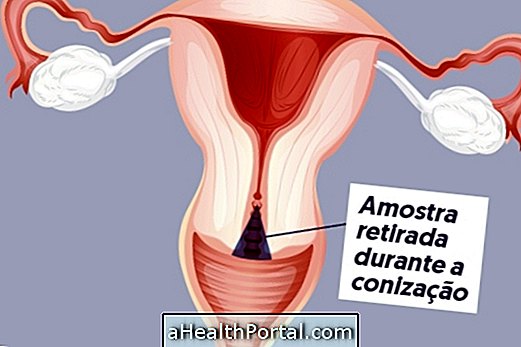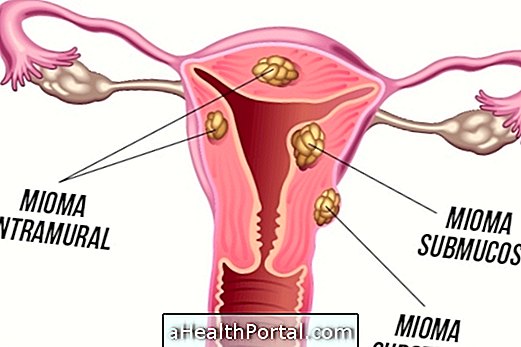ASMR is the acronym for the English expression Autonomous Sensory Meridian Response and represents a pleasant sensation of tingling that is felt in the region of the head, neck and shoulders when you hear someone whispering or making repetitive movements .
Although not everyone feels that ASMR is enjoyable, whoever gets this feeling claims that it is able to relieve anxiety and depression crises, being increasingly used as a relaxation technique, even if it is just for better sleep, for example.
This technique should be avoided by those who suffer from misoponia or similar problems in which sounds such as chewing, swallowing or whispering cause increased agitation and anxiety. Understand better what misofonia is and how to identify it.
Check out some examples of ASMR in this video:

What is ASMR for?
Usually ASRM is used to relax and promote sleep, but because ASMR causes a deep sense of relaxation, it can be used to complement the treatment of:
- Insomnia;
- Anxiety or panic attacks;
- Depression.
Usually the feeling of well-being caused by ASMR disappears in a few hours and, therefore, it is considered only a temporary technique that helps to complete the medical treatment of any of these conditions and should not replace the guidelines given by the doctor.
How does ASMR feel
The sensation created by ASMR does not arise in all people and its intensity can also vary according to the sensitivity of each person. In most cases it is described as a nice tingling sensation that starts at the back of the neck, spreads to the head and that finally descends through the spine.
Some people may still feel the tingling in the region of the shoulders, arms and the back of the back, for example.

What can cause ASMR
Any repetitive and methodical sound or movement can end up causing a feeling of ASMR, however, most often it happens due to slight sounds like:
- Whisper near the ear;
- Fold towels or sheets;
- Leafing through a book;
- Brush the hair;
- Hear the sound of falling rain;
- Tap your fingers lightly on a table.
In addition, it is still possible that the sensation and relaxation caused by ASMR is also caused by the activation of other senses, such as by sight, touch, smell or taste, but most people seem to be more sensitive to auditory stimulus.
What happens in the brain
It is not yet known the process by which ASMR works, however, it is possible that in people more sensitive there is the release of endorphins, oxytocin, serotonin and other neurotransmitters that quickly relieve stress and anxiety.
Watch the following video to help relax your body and mind and to help you fall asleep faster:
























